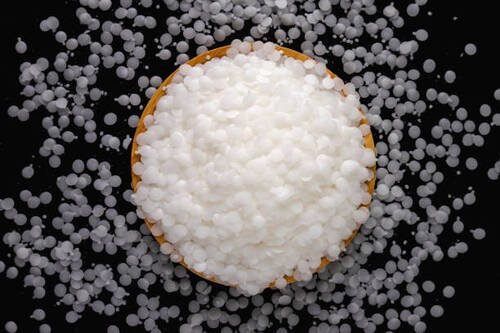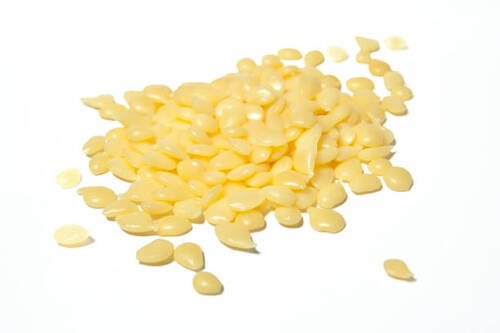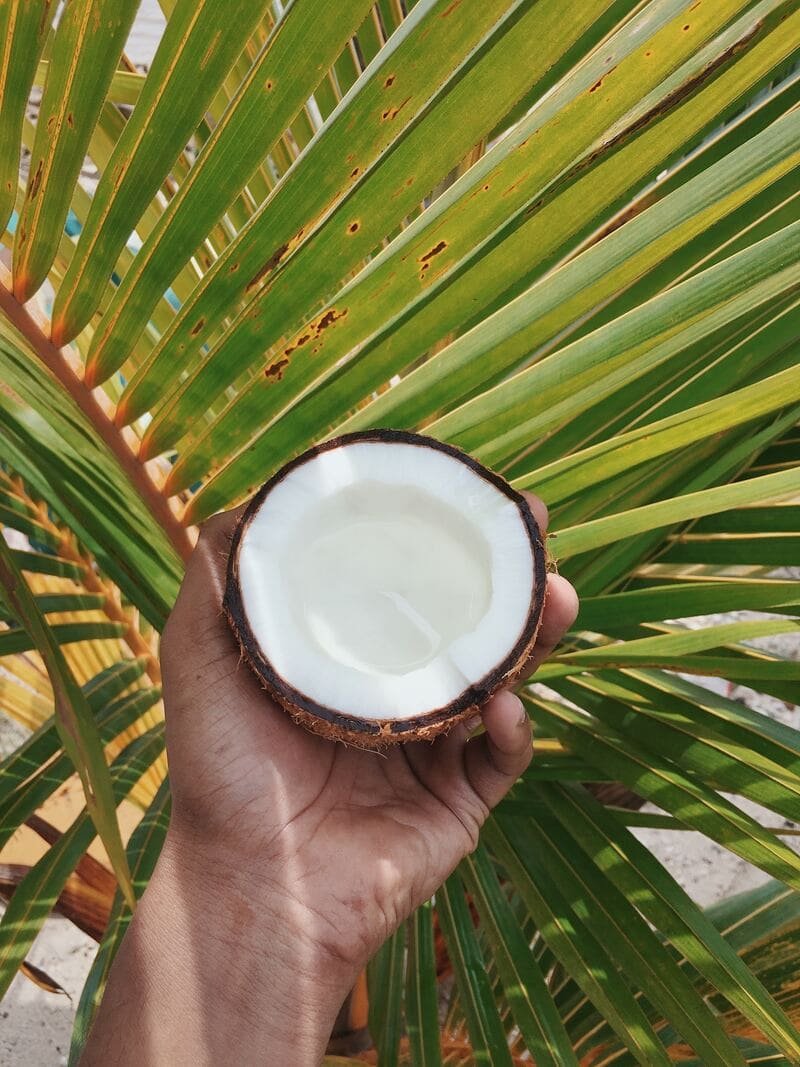If you’ve ever considered using beeswax in your skincare products or cosmetics, you might be wondering if it’s safe for those with sensitive skin. Beeswax is well-known for its many benefits, such as its ability to hydrate and protect the skin, but could it also cause irritation? In this post, I’ll share what you need to know about potential allergens in beeswax and how it could affect sensitive skin.
The good news is that beeswax is generally considered safe for most people. However, just like any natural substance, it can cause reactions in individuals with allergies or sensitivities. Beeswax itself is typically hypoallergenic, but certain factors can influence its potential to cause irritation. The most common allergens in beeswax are related to pollen, bee venom, and contaminants, and I’ll explain each one in detail below. It’s important to understand these factors to make an informed decision, especially when formulating products for sensitive skin.
While beeswax is a fantastic ingredient for moisturizing and protecting the skin, not everyone can tolerate it. Let’s dive deeper into the potential allergens and their effects.
Could Pollen in Beeswax Cause an Allergic Reaction?
Beeswax is produced by bees, and sometimes small traces of pollen may be present in the wax. While the levels of pollen are usually very low, people with severe pollen allergies might experience reactions when using beeswax products. Symptoms of a reaction could include redness, itching, or swelling at the site of application. In general, the risk is quite minimal, but it's important to note that the presence of pollen can vary depending on the source of the beeswax. You might want to opt for highly refined beeswax if you’re concerned about pollen.
You can check this resource to better understand how pollen affects the skin.
What About Bee Venom?
Another potential allergen in beeswax comes from bee venom. Bee venom is a complex mixture of proteins, enzymes, and other compounds that can trigger allergic reactions in sensitive individuals. Although bee venom isn’t commonly found in beeswax, there is always a slight chance that trace amounts could make their way into the final product. This is especially true if the beeswax is less refined or has been harvested in a way that retains more bee-related impurities.
For individuals who are allergic to bee stings, using beeswax or products containing beeswax could lead to a more severe reaction, including hives, swelling, and even anaphylaxis in extreme cases. To avoid this risk, it's crucial to ensure that the beeswax used in products is properly refined and purified.
For more information on bee venom allergies, refer to this study.
Can Contaminants in Beeswax Be Harmful to Sensitive Skin?
Sometimes beeswax can be contaminated with substances like pesticides, herbicides, or other impurities from the environment where the bees were kept. These contaminants, if present, can lead to skin irritation or allergic reactions, particularly in people with very sensitive skin. The potential for these contaminants is one of the reasons why it’s so important to source beeswax from reputable suppliers who follow sustainable and ethical farming practices.
If you’re concerned about contaminants, I recommend choosing beeswax that’s certified organic or sourced from beekeepers who are transparent about their practices. It’s also a good idea to buy from suppliers who perform rigorous testing on their products for purity and quality assurance.
You can find more on this topic in this article about the importance of sourcing clean beeswax.
Are There Any Other Considerations for Sensitive Skin?
While beeswax itself isn’t known to be a common allergen, there are other considerations for individuals with sensitive skin. Some individuals may react to the other ingredients in a beeswax product, such as essential oils, fragrances, or additives. These additional ingredients, not the beeswax itself, could cause irritation or an allergic reaction, especially when used in large quantities or if they are not formulated for sensitive skin.
Be sure to check the ingredient list when purchasing skincare products that contain beeswax. Opt for formulations with minimal additives or ones that are specifically labeled for sensitive skin.
To dive deeper into this, check out this guide on understanding skin sensitivities and ingredient transparency.
How Can I Test Beeswax for Sensitivity?
Before using any new skincare product containing beeswax, it’s a good idea to do a patch test. This simple test can help determine if you’re likely to have a reaction. To patch test, apply a small amount of the product to a discreet area of your skin, like the inside of your wrist or behind your ear. Wait for 24 hours to see if any redness, swelling, or irritation occurs. If you experience any of these symptoms, you may want to avoid using that product.
Patch testing is a good practice with all skincare products, not just those containing beeswax. It’s a safe way to identify potential allergens and avoid an adverse reaction.
For detailed instructions on how to perform a patch test, visit this resource.
Could Beeswax Be a Better Alternative to Synthetic Waxes for Sensitive Skin?
For individuals with sensitive skin, beeswax can be a better option than synthetic waxes or petroleum-based alternatives. Unlike synthetic ingredients, beeswax is natural, biodegradable, and typically free from harsh chemicals. Beeswax has anti-inflammatory properties that may actually help soothe irritated skin. It’s also a great option for creating a protective barrier on the skin, locking in moisture without clogging pores.
However, as mentioned earlier, it’s important to ensure that the beeswax is free from contaminants and impurities, which can negate these benefits.
For more insights into the benefits of beeswax versus synthetic alternatives, you can explore this study.
More Related Questions
- Can beeswax cause contact dermatitis?
- How is refined beeswax different from raw beeswax?
- Is beeswax safe for babies’ sensitive skin?
- Can beeswax help with eczema or other skin conditions?
- What’s the best type of beeswax for sensitive skin products?
- Does the color of beeswax affect its purity or safety?
Conclusion
Beeswax can be a wonderful ingredient for sensitive skin when sourced properly. While it’s typically hypoallergenic, potential allergens like pollen and bee venom, along with environmental contaminants, can cause irritation for some individuals. To minimize these risks, always choose high-quality, refined beeswax from trusted suppliers. And don’t forget to perform a patch test before using any new product to ensure it’s safe for your skin.





